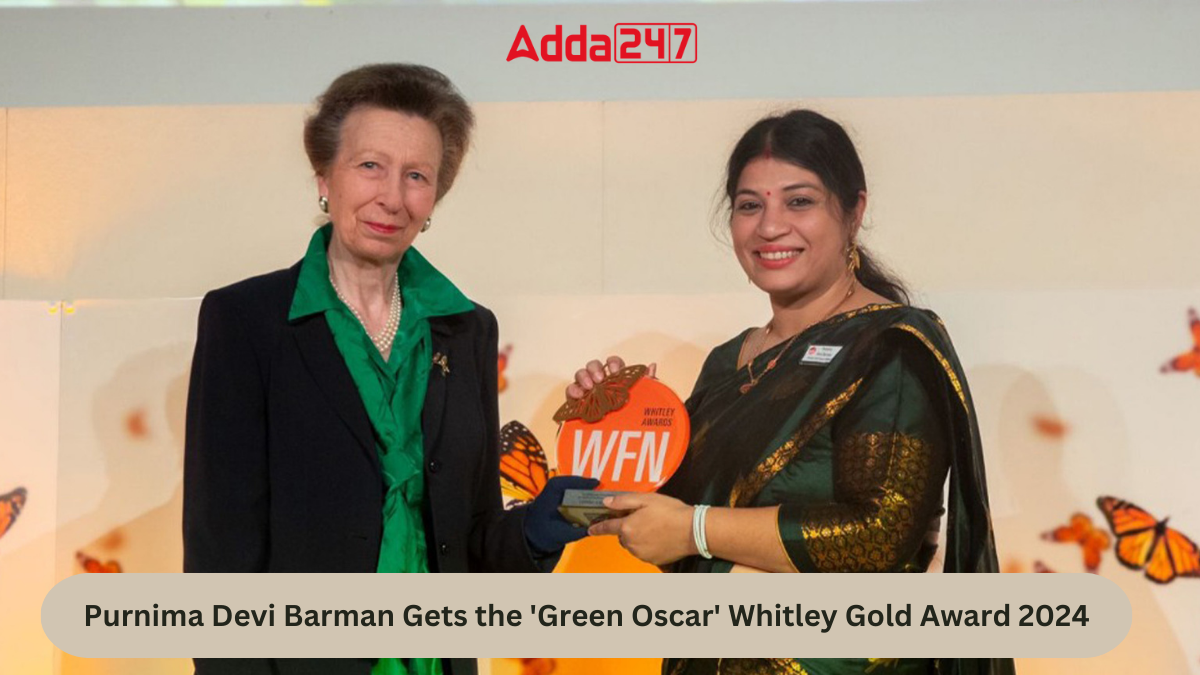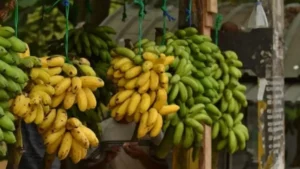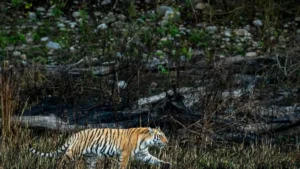Dr. Purnima Devi Barman, a wildlife biologist from Assam, has been recognized with the prestigious Whitley Gold Award for her exemplary conservation efforts aimed at protecting the endangered Greater Adjutant Stork and its wetland habitat. This accolade, often referred to as the ‘Green Oscar’, highlights her remarkable contributions to wildlife conservation and underscores the importance of grassroots efforts in safeguarding biodiversity.
Honoring Conservation Leadership of Dr. Barman
Dr. Barman’s journey in conservation began with her childhood fascination for the Greater Adjutant Stork, locally known as “Hargila” in Assamese. Despite societal aversion towards these majestic birds, Dr. Barman’s passion for their preservation remained unwavering. Her intervention became crucial as the population of Hargila dwindled to a mere 450 birds in Northeast India. Through her pioneering efforts, she galvanized local communities, particularly women, to safeguard nests and protect the storks’ habitat.
Impact and Achievements
The Whitley Gold Award recognizes Dr. Barman’s exceptional impact in reversing the decline of the Hargila population. Her collaborative initiatives, in partnership with local wildlife NGO Aaranyak, have led to a quadrupling of the stork population, with numbers now exceeding 1,800. Dr. Barman’s project focuses on community-driven conservation and aims to bolster the number of Greater Adjutant breeding pairs, with a special emphasis on empowering local women as advocates for conservation.
Scaling Up for Global Impact
With a goal to double the global population of the Greater Adjutant Stork to 5,000 by 2030, Dr. Barman plans to implement scale-up measures across India and Cambodia, the stork’s range. Her initiatives include conservation education for Assamese students, as well as knowledge exchange programs between universities, aiming to raise awareness and foster a deeper understanding of biodiversity conservation.
Recognition and Support
The Whitley Awards, won competitively through a rigorous selection process, provide winners with GBP 50,000 in project funding over one year, along with enhanced visibility, networking opportunities, and training. Dr. Barman’s achievement not only underscores her individual dedication but also highlights the crucial role of grassroots conservationists in addressing global biodiversity and climate crises.




 Which Lake is known as the Jewel of Udai...
Which Lake is known as the Jewel of Udai...
 Which is the Largest Banana Producing St...
Which is the Largest Banana Producing St...
 Which is the First Tiger Reserve of Utta...
Which is the First Tiger Reserve of Utta...








